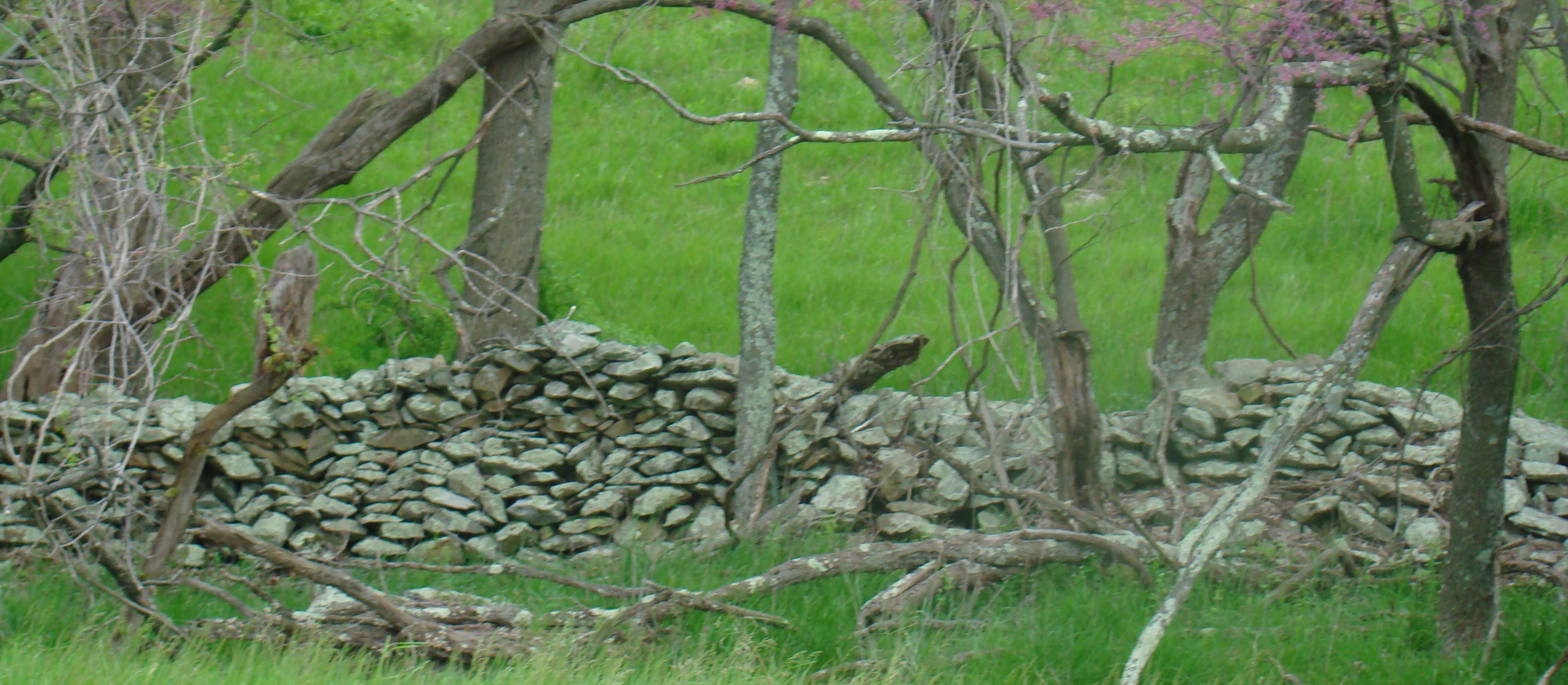

Channing Fragments (2009)
for
soprano and eight instruments
by
Robert Morris
Program Notes
If William Ellery Channing, the younger, is not a great poet, he is remarkable. Friend to Emerson, Alcott, and Hawthorne, and especially with Thoreau, Channing was among the inner circle of American Transcendentalists of the 19th-century. His poetry is so radical it was completely misunderstood by his contemporaries and summarily dismissed as trivial and incompetent by literary critics, although Emerson showed some appreciation: “We have already expressed our faith in Mr. Channing's genius, which in some of the finest and rarest traits of the poet is without a rival in this country.”
Channing was a “nature poet,” influenced by William Wordsworth in prosody and diction. Yet his poems are hardly touched by the philosophical idealism that undergirds the poetry of Wordsworth and Coleridge. In fact, some of his poems are almost completely without theme or subject, treating the phenomenology of perception (of natural settings) in accord with—but without the concision of—Japanese haiku or ‘Tang dynasty Chinese poems.
Having set Chinese and Japanese poems in translation, and also Wordsworth, I was immediately attracted to Channing’s poetry when I began to read him in 2006. Upon being asked to compose a work for the Brave New Works ensemble, I decided to set lines from three of Channing’s shorter poems.
I conceive of this piece as leisurely musical walk in the woods, stopping now and then to read some poetry. Thus, the soprano doesn’t sing “songs” in my piece, but now and then joins the ensemble with lines from Channing to comment, as it were, on the musical scene as it has evolved and continues to flow on. See the Program below.
The musical material for the work is based a 400-note cycle that is repeated 7 times. Each member of the ensemble extracts notes from this cycle for it to play or sing based on its own unique harmonic and melodic vocabulary.
Program *
Introduction
A dropping show of spray,
Filled with a beam of light,—
The breath of some soft day, —
The groves by wan moonlight, —
Some rivers flow,
Some falling snow,
Some bird's swift flight.
(—from “Gifts”)
Interlude
Around this spot the trees have fallen,—the path
Leads its rude way o'er the decaying trunks
Of prostrate pines.
Brief Interlude
Above, against the sky,
A massy wall of splintered rock soars up,
Once gay with those green plants that smile in shade,
The broad-leaved ferns.
Brief Interlude
How still it is,—how lone.
You seem to hear the silence whispering—hush!
(—from “For a Wood Scene in Winter”)
Interlude
There is an inward voice, that in the stream
Sends forth its spirit to the listening ear,
And in a calm content it floweth on,
Like wisdom, welcome with its own respect.
Interlude
O fair, sweet stream, thy undisturbed repose
Me beckons to thy front, and thou vexed world,
Thou other turbulent sphere where I have swelt,
Diminished into distance touch'st no more.
(—from “The River”)
Interlude
A summer field o'erstrown
With gay and laughing flowers,
And shepherd's clocks half blown,
That tell the merry hours,—
The waving grain,
The spring soft rain,—
Are these things ours?
(—from “Gifts”)
Interlude
And yet again when the fierce rage is o'er,
O smiling river, shalt thou smile once more,
And, as it were, even in thy depths revere
The sage security thy nature wears.
(—from “The River”)
* For the complete texts of “the River” and “From a Wood Scene in Winter,” see The collected poems of William Ellery Channing, the younger, 1817-1901. Scholars' Facsimiles & Reprints (Gainesville, Fla), 1967.